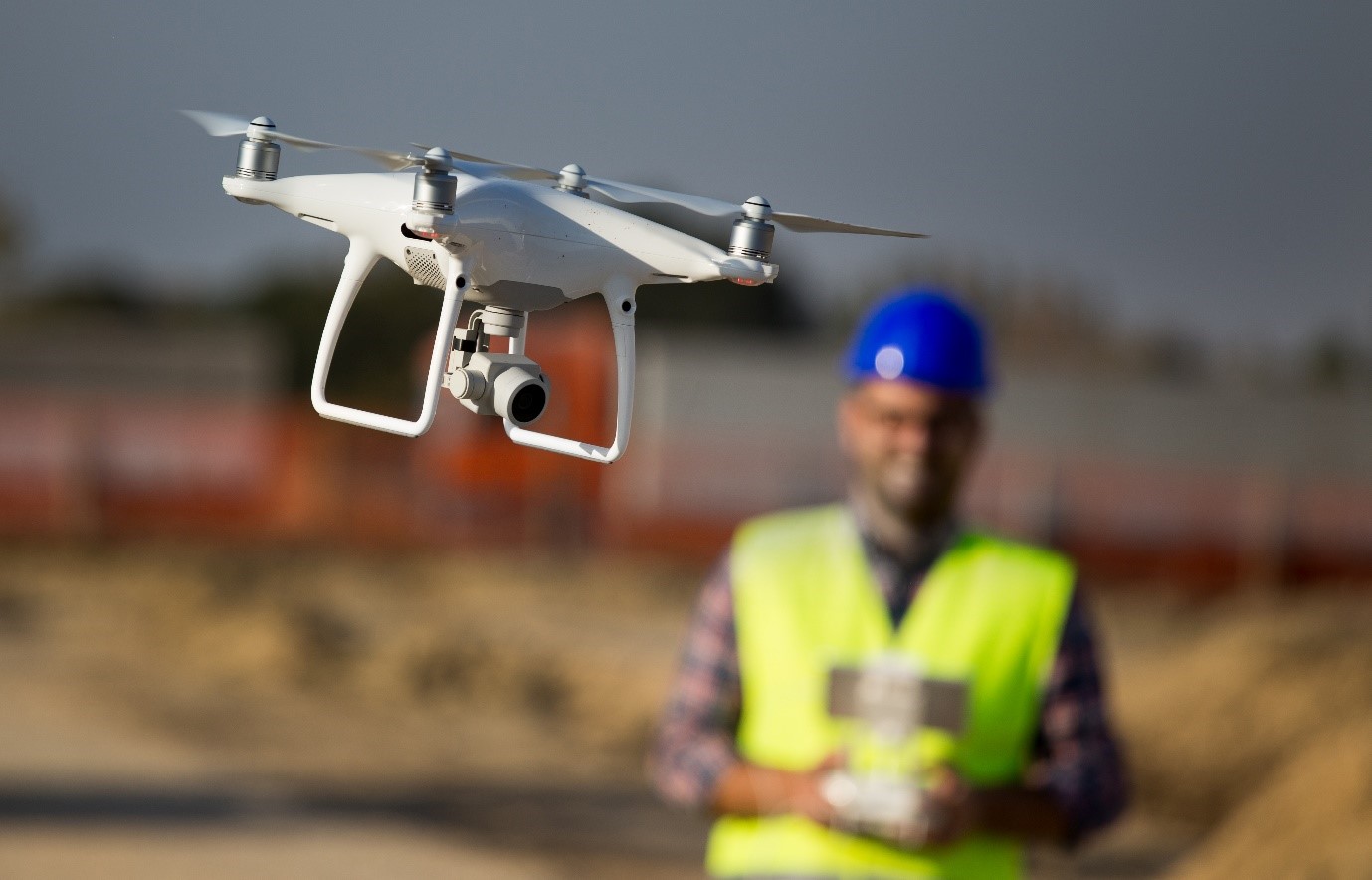
Inventory Audit Testing in Covid Times
In recent weeks we have written about the issue of carrying out remote stocktakes as well as remote audits. Last week we covered five key matters to consider when carrying out a remote stocktake.
A quite common occurrence will arise where staff don’t feel comfortable attending an inventory audit, given the risk to their health. What are the options if management delays the inventory count for a number of months, hoping that COVID will have abated by then?
Government health guidelines and restrictions take priority over any inventory audit. If Coronavirus (COVID-19) restrictions are in place, it may be necessary to cancel or delay attendance at inventory counts to prioritise staff wellbeing and safeguard staff at the client entity and third parties.
Where management will conduct the inventory count, examine their plans in advance and consider how they are going to conduct the count and whether the measures are likely to be effective.
Will COVID restrictions lessen significantly in the near future? This is far from certain. Conditions could worsen or remain the same. Delaying stock counts may not improve the ability of management or auditors to perform appropriate procedures. This may in the end cause the audit opinion to be a ‘limitation in the scope of the audit’ which may also raise questions about the adequacy or otherwise of the company’s accounting records under the Companies Act, 2014.
Another solution is that management perform a count after the year-end, and the auditors perform a roll-back i.e. perform testing procedures after the year-end and audit the intervening management reconciliation of the inventory counted, with the year-end inventory.
Long time lags can give an opportunity for conditions to improve, but the longer the delay, the less likely it is that a roll-back reconciliation will be sufficiently accurate. The extent of inventory movements will have a big influence on the accuracy of roll-backs. There could be a limit on stock movements because of Covid restrictions, but this depends on the industry.
Another matter to consider is whether inventory can be accessed during the intervening period, i.e. are warehouses and other relevant premises going to remain open?
Plan how stock movements can be reconciled to the accounting system, taking account of:
- the types of inventory and
- the volume of transactions, and
- how stock conditions can be assessed post year-end. This will often depend on the typical life of the inventory.
Stock turnover – this will have an influence on the reconciliation so that a large volume of transactions may make a roll-back difficult e.g. for manufacturers with raw materials, WIP and finished goods, a reconciliation may not be so straightforward.
Onward intrepid auditors!
For more on this topic visit the ICAEW website Coronavirus (COVID-19): Considerations for inventory audit testing.
For a complete list of our time-saving engagement letter templates for audit, non-audit, tax, grant claims, forensic services visit our store here. We have other templates like letters of representation dealing with Brexit and Covid-19.
Want to catch up on your CPD before the end of 2020 see our suite of webinars here.
For the latest technical resources on Covid-19 please visit the






